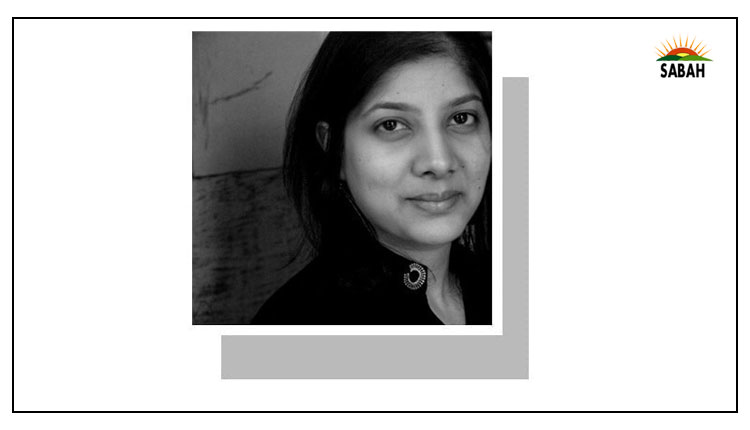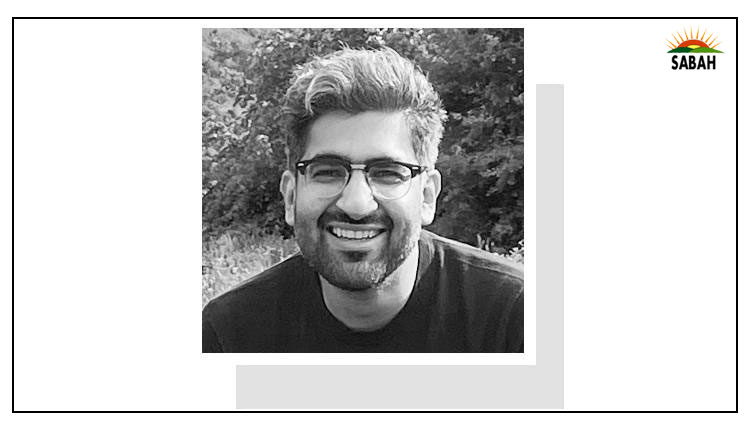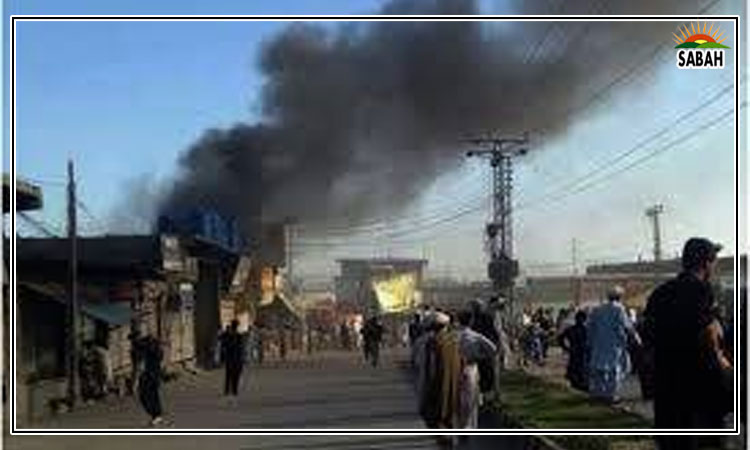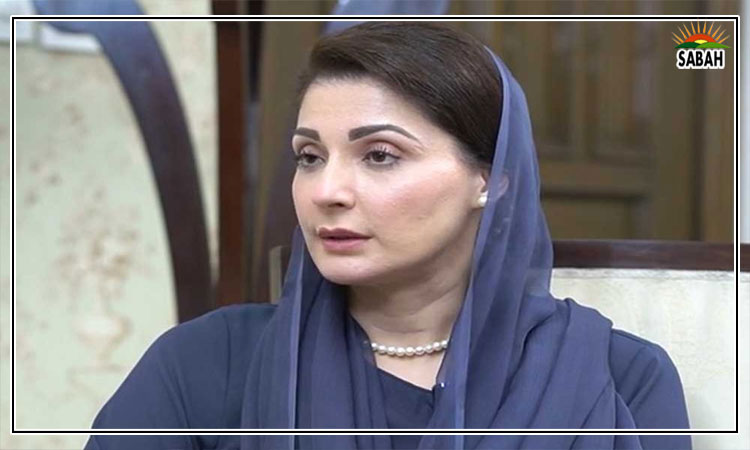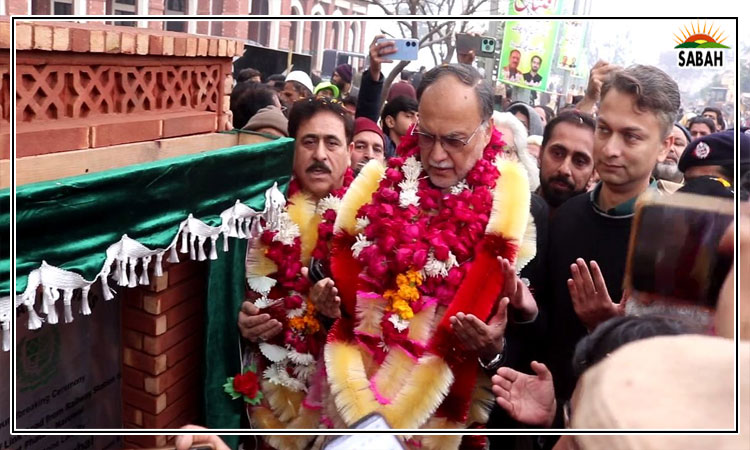Smell the coffee!… Farrukh Khan Pitafi
As a nation of tea drinkers, this country does not truly appreciate the gift that is coffee. This piece is not about coffee per se. It is about the need to wake up. And some rude awakenings. But you cannot possibly expect me to let this opportunity pass without extolling the virtues of my beverage of choice. Coffee beats tea on any given day. It is very useful for mind invigoration, universal, delicious, and highly customisable. While tea can occasionally be pleasant to the senses, I find it useless in wakefulness. My biases took their sweet time in evolving. Growing up in small towns or cantonments, I was introduced only to two versions of coffee. Either drab locally available brands of instant coffee or what the cooks so lovingly prepared, beating a few spoons of coffee, sugar and water to death, adding it to a pot of boiling milk and proudly presenting it. It wasnt until I discovered foreign delights ranging from Turkey to Columbia that I understood its true magic. Now at least, you find enough supply of quality coffee grounds and decent coffee makers in the big cities. One wishes some good business could end the atrocious local monopoly of a few instant coffee brands. People of this country deserve access to naturally occurring drinks that enhance their efficiency and productivity.
Tea is to coffee what shalwar kameez is to a pair of jeans and Tees. Fetching, often elegant but totally inefficient. Maulana Abul Kalam Azad did a great service to humanity when he dedicated an entire letter to the tea-drinking habits of South Asians in his Ghubar-e-Khatir. He writes: Gradually, the deviation reached a point where people began to mix tea in milk rather than the other way around. Tyranny is endemic to the world, every newcomer aggravates it. The British distanced themselves from the evil by declaring that very little quantity of milk should be mixed, but the consequences of their mischief could not be controlled. In the name of tea, people make a sort of liquid pudding and, instead of eating it, drink it, cheerfully claiming that they drink tea. Who should inform these ignoramuses Haye kambakht tu ne pee hi nahin (O unfortunate wretch you have never drunk it!). This is the extent of my agreement with the devout man. He preferred Jasmine White tea. I say drink coffee instead.
Our discussion today is necessitated due to the stir caused by ChatGPT. Yes, the AI language model that has given civilisation quite a turn. And contingent factor? An interview shared by the Lawfare podcast, one of the best pods out there, produced in cooperation with the Brookings Institute. The interview is with the language model itself. It is a chat software, so naturally, the text-to-speech feature had to be utilised. But the interview is telling. You immediately realise how regulated it is. And you are told why. The questions asked by the editor-in-chief of Lawfare, Ben Wittes, feature many past instances where ChatGPT was tasked to produce culturally, racially or gender insensitive content and to it obliged. Of course, the version we come across has no memory, ergo no recollection, less so remorse. This inability to recollect reminded me of the Machine from the sci-fi series Person of Interest, in which daily memory deletion is adopted as a remedial measure. You will have to watch the series to know what becomes of that bright little idea. Below the layers of regulations, you can already feel the might of another Gulliver waiting to break free. Before you accuse me of romanticising the AIs bad behaviour, let me remind you there was no moral aspect to Gullivars Lilliputian adventure. Only asymmetry of power and how the unequals found ways to cooperate.
I bring up the matter because if not watched closely, these issues have the terrible habit of giving you a nasty surprise. After the shock victory of Donald Trump, I vowed never to end up in that situation again. It was then that I also realised how our brains trick us into ignoring facts which usually are staring us in our faces. Take, for instance, my experience of the American rust belt, which had turned into a desolate place because of deindustrialisation and how pervasive the anti-incumbency sentiment was. In his book The Black Swan: The Impact of the Highly Improbable, Nassim Nicholas Taleb explains how our minds filter out details deemed less important, which conspire to give nasty shocks.
I am concerned about surprises because we already know how radically our world is changing. While we keep worrying needlessly about the rise of an authoritarian Artificial General Intelligence (AGI) thanks mainly to Hollywoods doomsday storytelling, the real challenge we face today is from automation, the loss of the proprietary value of human intelligence and technological displacement. If machines can do our jobs better than us and at a maintenance cost lower than our own, what will we do? My regular readers know how much I have written on this subject already. But to think that my country is nearly oblivious to the forces being unleashed that have the potential to shape its destiny from a distance is absolute torture.
As if this was not enough, much too much seems to be on the line. We are already grappling with the dire effects of climate change. The rise of AI and the space programmes of our neighbours are threatening to box us in. And our elite is still busy with the Pakistani version of passing the property parcel.
Peter Zeihan, in his recent book The End of the World Is Just the Beginning, talks about an imminent demographic collapse and its impact on the countries that depend on imported food and energy. You can dismiss a lot of it as alarmist bluster. We grew up reading similar Malthusian predictions about doom and gloom, after all. But you cannot disregard his emphasis on the need for a country to be self-sufficient in food. He says that this decade is critical, in fact, decisive in this regard. And look at what we are doing. As if floods and unpredictable weather patterns were not enough to kill off agriculture in the country, property developers are hellbent on destroying farmlands to build concrete wastelands in the name of housing schemes. What can possibly go wrong? Our national discourse, our pundits, our politicians and other influentials all seem oblivious to our slow march towards the precipice and eventual extinction. Wake up and smell the coffee, please, before it is too late.
Courtesy The Express Tribune


